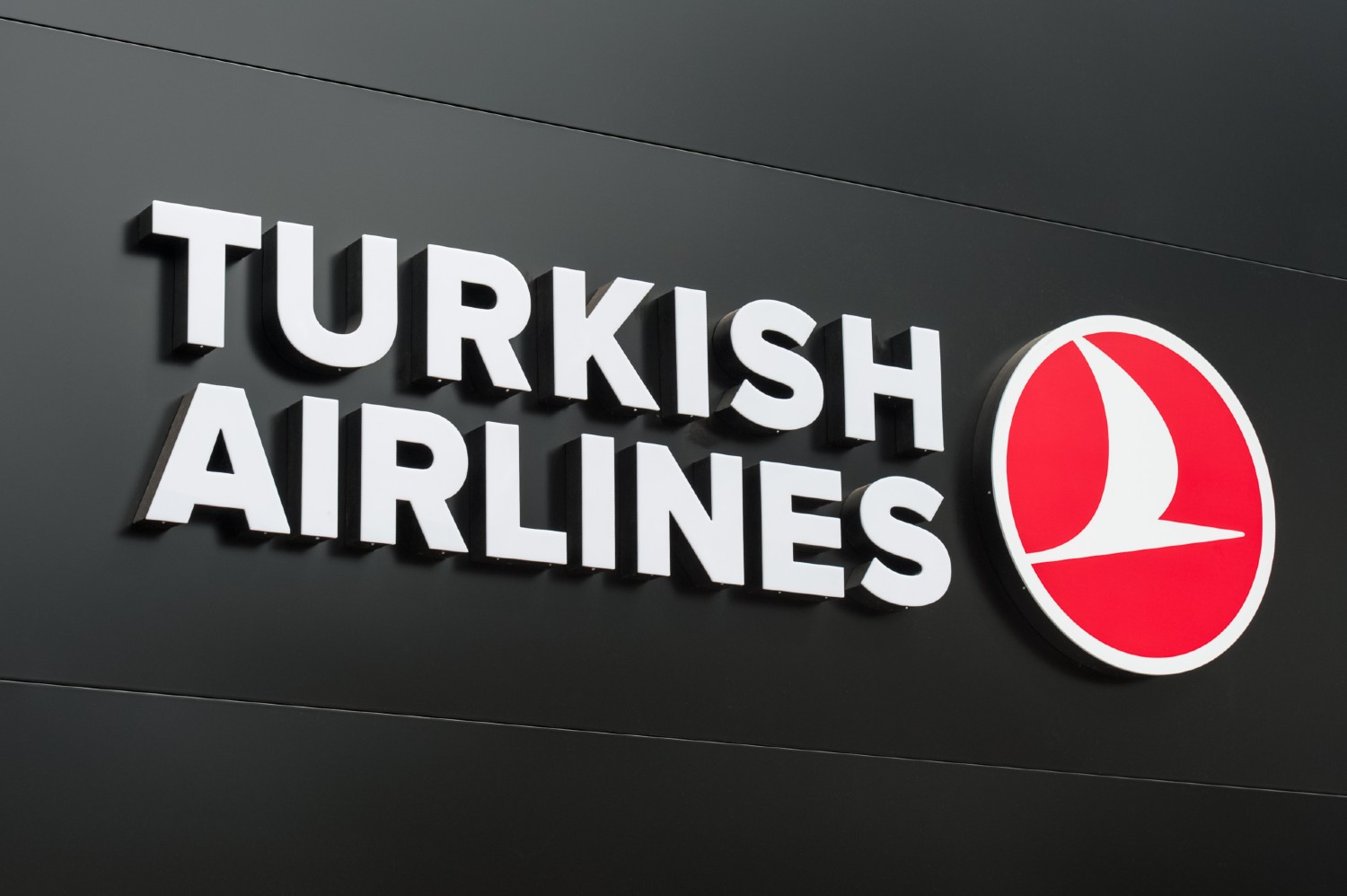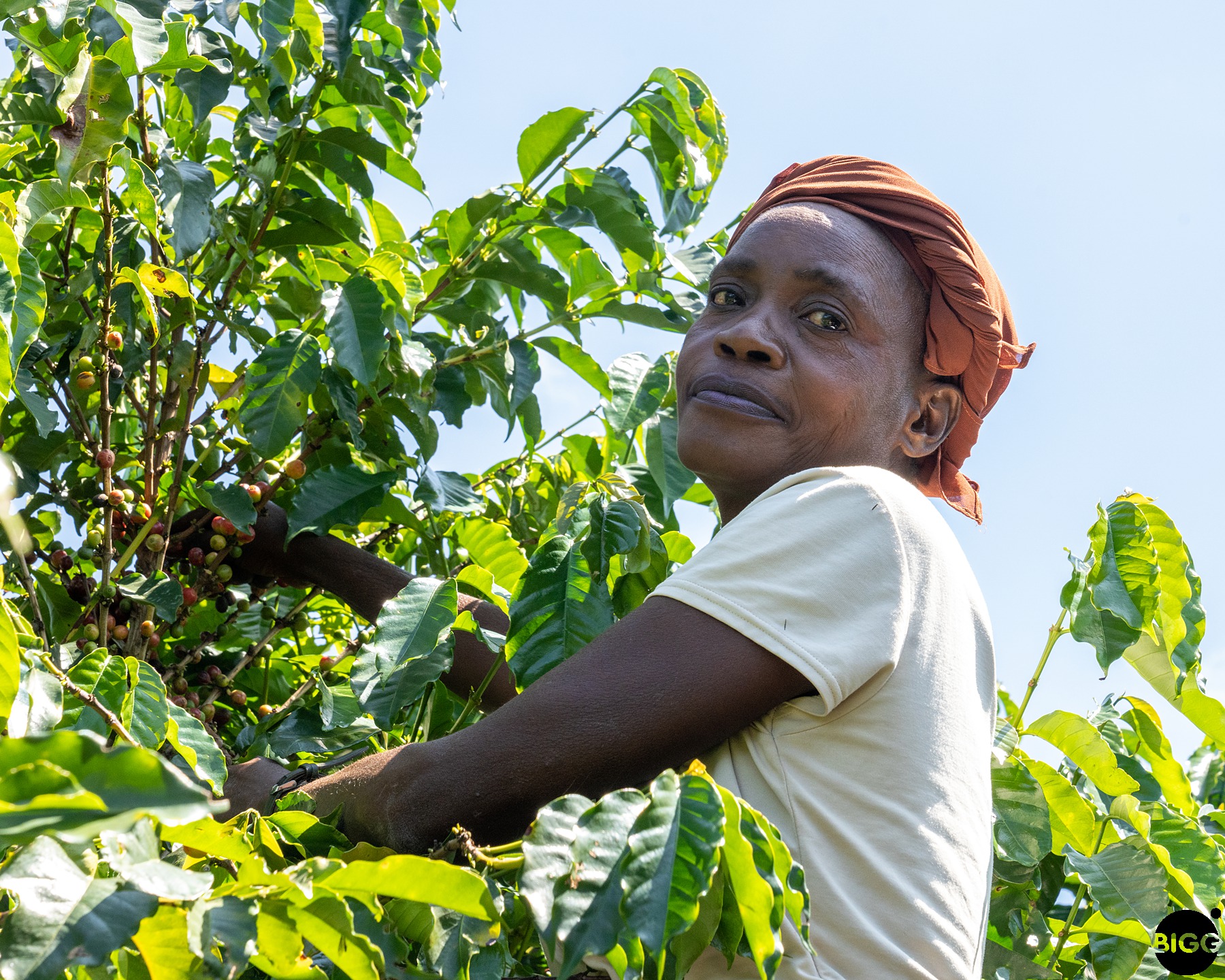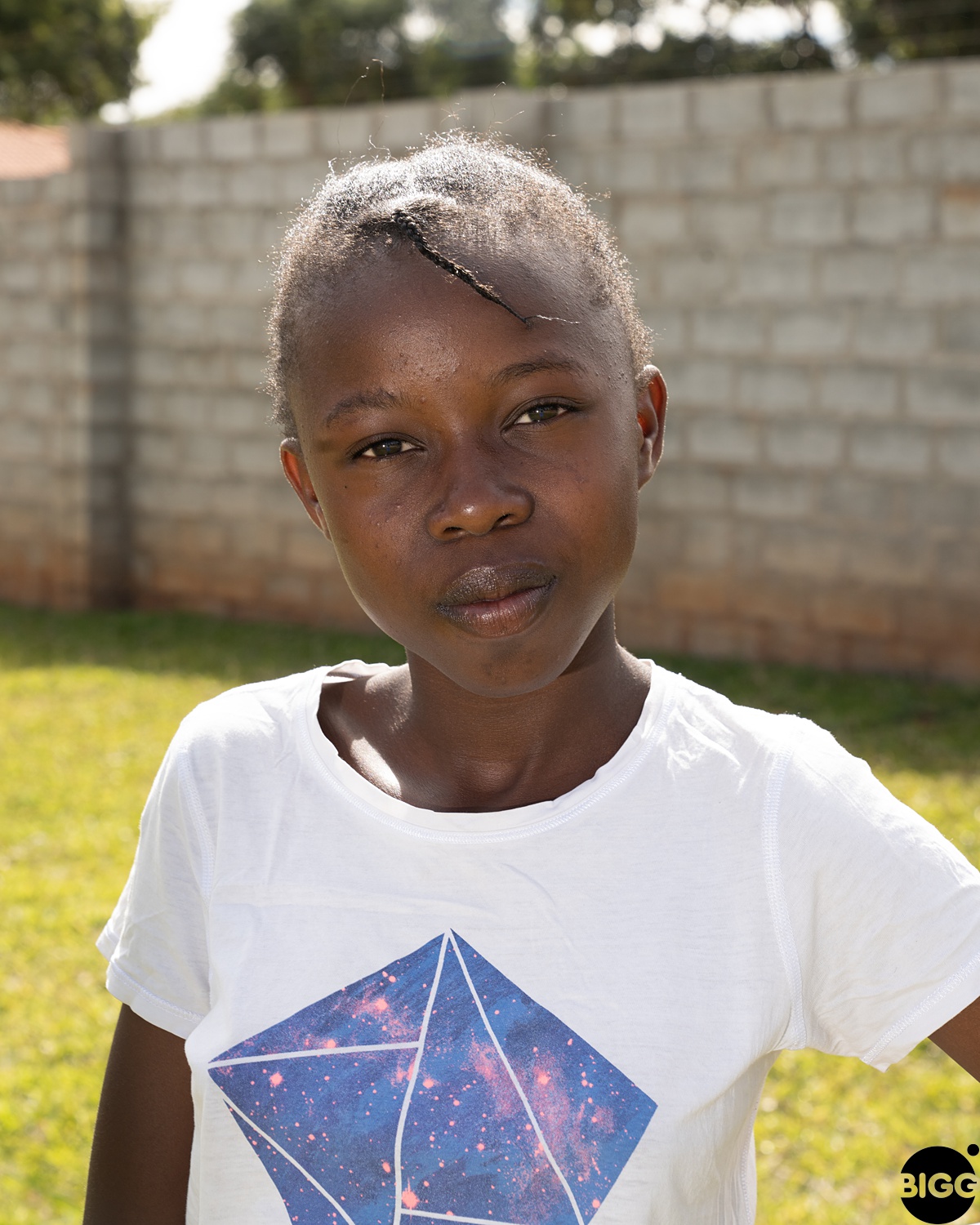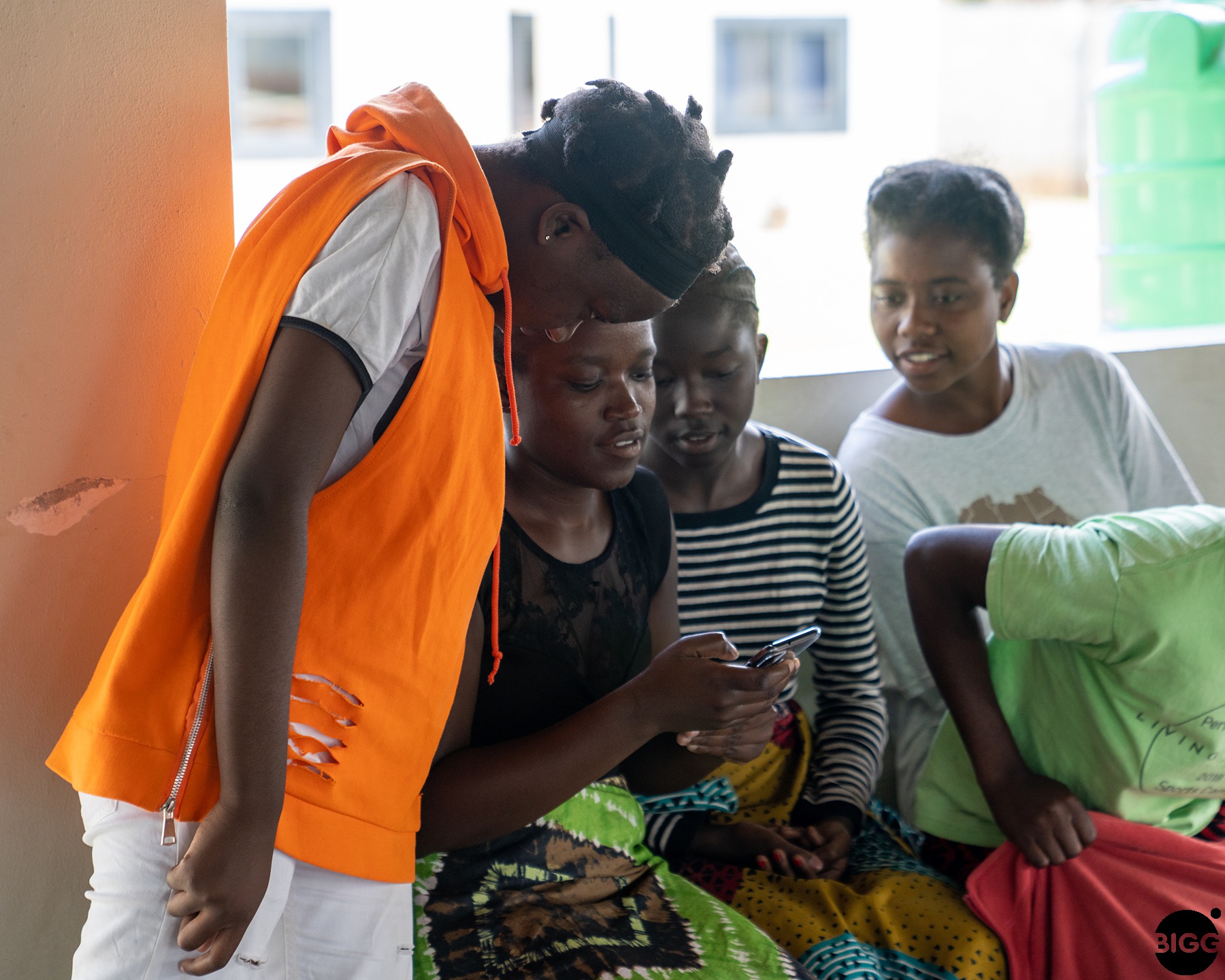By Michelle Fish
Everything that is good (or bad) that humans do in the world started out as an idea. Baseball was an idea. Music was an idea. I am awfully impressed (and grateful) that someone long ago had the idea to cook an egg or eat an oyster.
I am writing this post on a plane at 30,000 feet. Air travel was once just an idea.
Bob and his partner, Mike McFall, had the idea that lots of people would enjoy drinking really good coffee in a comfortable and approachable environment. BIGGBY was an idea. Franchising was an idea.
Then we got the idea that we could buy coffee in a way that would lift up and support farmers who had the idea to be good to their people, the planet, and their communities. It’s an idea that’s a win-win: growers benefit, and BIGGBY Franchisees benefit, too, with a guaranteed supply of coffee at a stable price.
OBIIS is an idea.
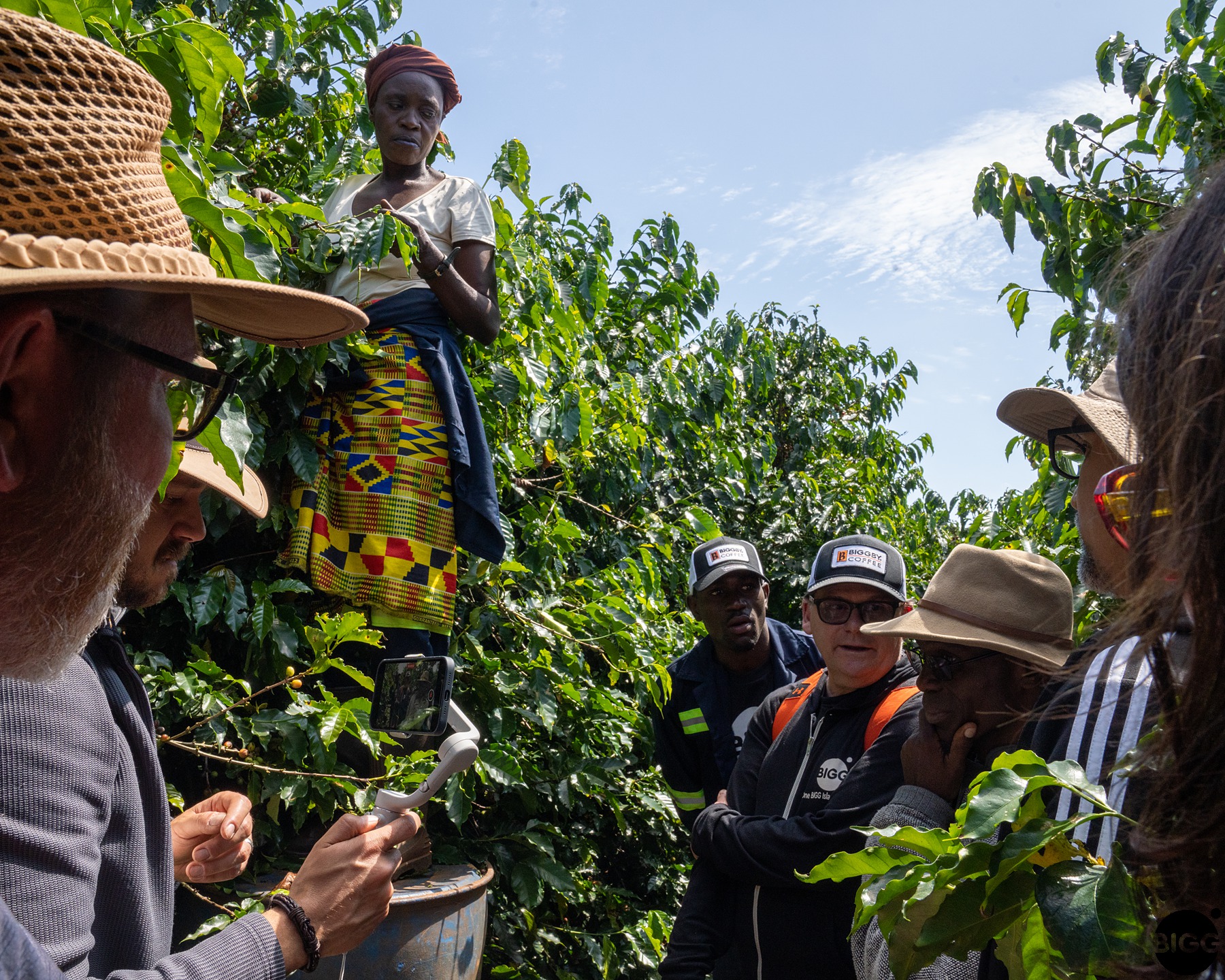
Walking the Living Hope coffee farm in Ndola Zambia.
One central tenant of our idea is that people are all the same. We all want the same things. Safety, security, dignity, a better life for the next generation.
That seems so self-evident to us, so obvious, that occasionally, we forget that it’s not actually shared by all of our other fellow humans. And it’s heartbreaking to be reminded, especially when the heartbreak happens to someone we respect, admire, and care deeply about.
This is a story about how different ideas about the world can clash. This is a story about power, and how one person can exercise their ideas about the world in a way that can compromise, demean, and disempower another human.
I am not talking about motivation, because I can’t know what’s in someone else’s heart. But I am talking about ideas. Specifically, the idea of profiling a person based on their age, the color of their skin, their country of origin, and the inherent unlikeliness of a young coffee farmer from Zambia travelling on a complicated itinerary to Nicaragua, with no checked baggage.
Ultimately, I am talking about injustice. Which is not just an idea. It is too often, and for too many people, a brutal reality.
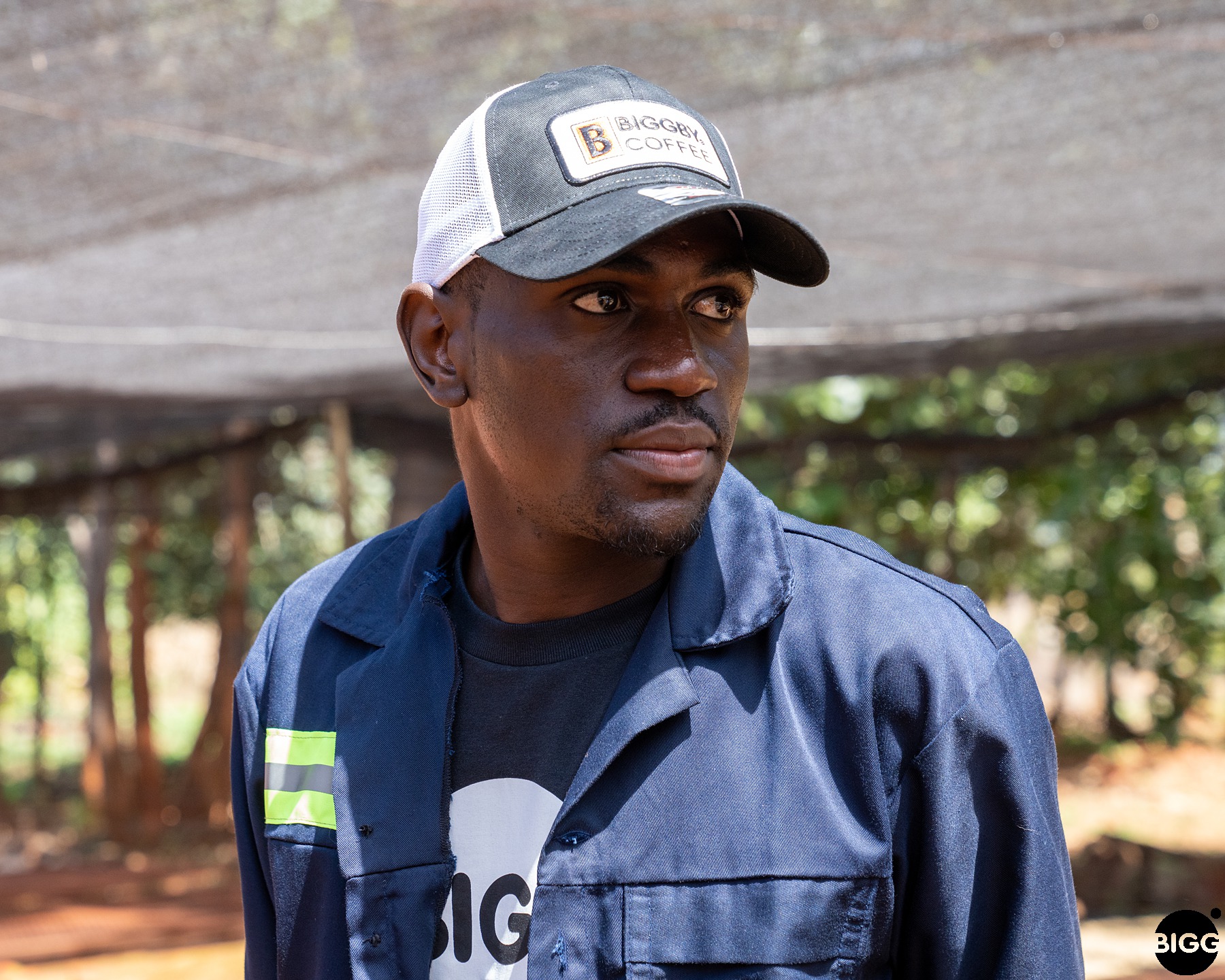
Wana Chipoya, the newly appointed coffee farmer at Living Hope.
What we wanted to happen
One of the big ideas that OBIIS is excited about is connecting our producers to each other. Coffee growers are all over the world. The defining characteristic is that they are between the tropics of Capricorn and Cancer, and at elevation. But the number of countries that fit that bill is large, and spans continents.
Even though they are all functionally doing the same thing, the environment for growing coffee in Zambia is vastly different than the environment for growing coffee in Nicaragua (or Mexico, or Brazil, or Sierra Leone, or Vietnam for that matter).
That’s not so unlike being a BIGGBY COFFEE franchisee, by the way. The environment for starting a business in Idaho might be different than starting a business in Michigan, but the fundamentals are the same.
The best way to know that, if you’re a BIGGBY owner-operator, is through your connection to other owner-operators. But coffee producers aren’t connected to each other, not even within their own countries. That is, unless they are part of a Co-Op, which generally means they are too small for us to engage with….yet.
We’re not being original here. BIGGBY is a franchise company. And one of its great strengths is how connected Franchisees are to each other. They learn from each other, inspire each other, support each other. So, it’s a natural extension that we would want to create an environment for our Farm-Direct partners to do the same.
On our most recent visit to our partner farm, Living Hope, in Zambia, we brought another partner with us – Jorge Ferrey Machado from the El Recreo Coffee Estate in Jinotega, Nicaragua.
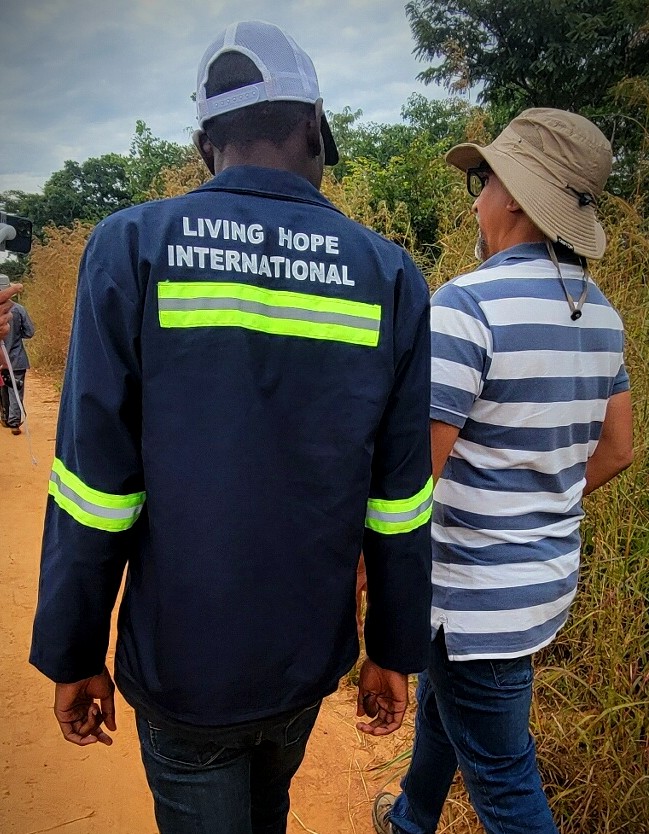
Wana and Jorge Ferrey Machado together at Living Hope.
He and Wana Chipoya, the newly minted coffee farmer at Living Hope, have a fair amount of shared experience: they both started their younger lives thinking they might do something else, they both pursue education as a passion, and they have both accepted the responsibility for the coffee production that fulfills their parent’s dreams. Oh, and they are both SERIOUSLY committed to being in service to people, the planet, and their larger communities. No wonder we love them both so much.
On our last trip to Zambia, it occurred to us that both Wana and Jorge had a lot to gain by spending more time together. Wana is newer to coffee farming, and it could be so cool for him to land at a farm that’s been doing it so well for so long. But also, there’s the business side to farming. Among other degrees (Jorge is a practicing Doctor) he also has a Masters in Finance. He teaches a class on the cost of goods sold for coffee farmers at the school for small producers that his parents set up at El Recreo.
For the record, there is not one coffee farmer we’ve met that couldn’t benefit from learning more about that.
So, we were thrilled and so excited when Jorge agreed to host Wana for two weeks at the farm in Nicaragua, and Wana agreed to go.
I am the unofficial non-accredited travel agent for all things OBIIS. And I have to tell you, as complicated as it was to put together, I was so excited to plan this trip. There are hurdles that are not common to those of us that travel on US passports – for one, visa requirements at your country of destination can be much more extensive for non-US citizens. For another, not every passport has the right to transit through United States airports without a pre-arranged transit visa. Depending on where you are coming from, those requirements can be byzantine and time consuming.
Putting his itinerary together was like a complicated puzzle in 3-D. But I, we (all of OBIIS’s friends and supporters) were so excited to see it happen.
And then the day of travel finally arrived. And, excuse the language, everything went to shit.
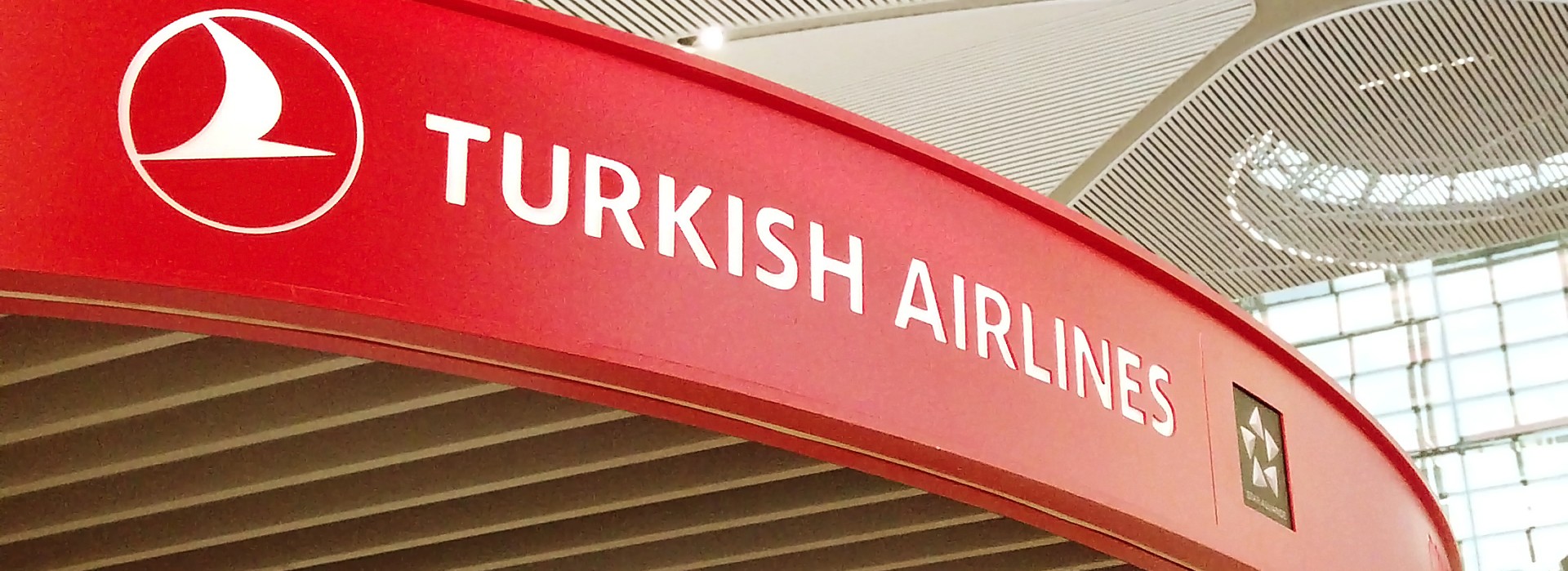
What We Planned
Wana’s path to Jinotega was going to be arduous. A 40 hour or so slog. One that I, at the age of 57, would think twice about. But Wana was game.
It started with a separately booked trip from Ndola to Johannesburg (a relatively short flight, if you aren’t familiar with African geography.) Our plan was to get him in to JNB at least six hours before he would start the check in process for the rest of his itinerary.
From there, he would fly Turkish Airlines to Istanbul, then Istanbul to Panama City. He would switch airlines in Panama City to Copa for the flight to Managua.
It was imperative that this could be ticketed on one through experience, because the complications of him having to retrieve his baggage (if he had any) and go through immigration and customs at an airport, in order to check in for the next leg, were brutal. More Visas, more stumbling blocks, more opportunities for things to go wrong.
Not just that… to put things in perspective, he would land two days after he started travelling. 40 hours. So any obstacle he would face would be done on no sleep. Think about that.
Turkish Airlines was chosen, specifically, because he didn’t need to fly through the US, where he would have needed a transit visa. He could have flown through most gateways in Europe, too, but Turkish Air was both the most economical choice, and the most time efficient.
We did our research with Nicaraguan immigration and determined exactly what Wana would need to enter the country: a valid passport, proof of vaccination for COVID-19, an address where he would be staying in Managua, and a ticket home.
The day for travel arrived. Holy heck, we were all thrumming with excitement.
One small hurdle: Bob and I, too, were travelling. From Denver to Chicago. So, we were going to be unreachable for about 4 hours while his trip was in progress.
As I remember it, I watched a lovely documentary about Julia Child on that flight. My happy place.
We landed in Chicago, and as we taxied to the gate, I turned my phone back on. It blew up.
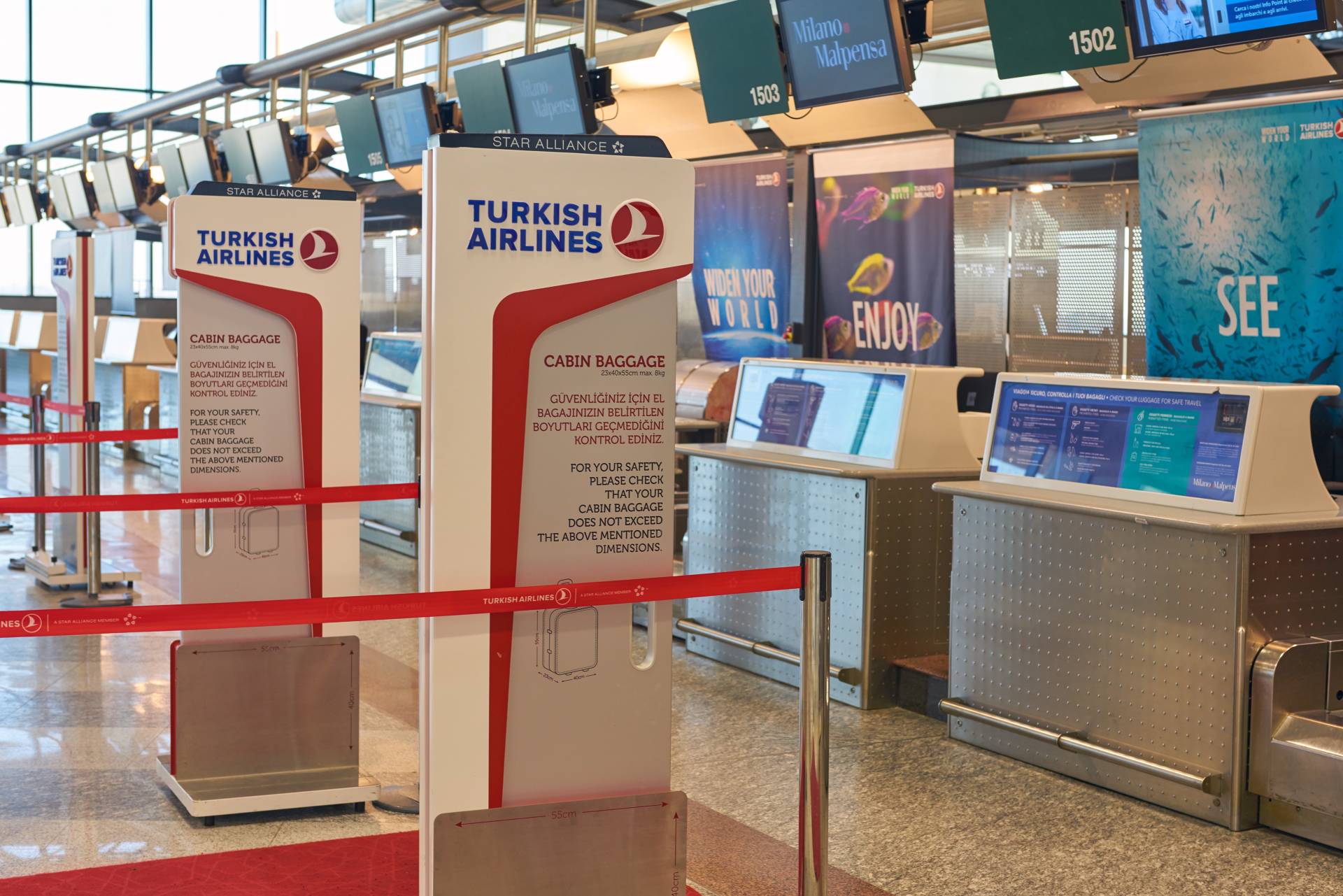
What Happened
When I turned the airplane mode off on my phone, as we taxied to the gate in Chicago, I was bombarded with messages. Many, many from Wana. A few from our cohorts… Jorge Ferrey Machado from Nicaragua, Kim Zahnow, our photographer, Kathie Flowers from Zambia… dozens of messages.
Here’s why.
Wana arrived in South Africa with lots of time to spare for an international check in. He made his way to the Turkish Airlines desk and took his spot in line.
When it was his turn to check in, the desk agent looked at this young man from one of the poorest countries in Africa, with no checked baggage, and a strange itinerary, and she decided it didn’t add up.
She asked him for more documentation. Specifically, she wanted to know why he didn’t have a letter of invitation from Jorge in Nicaragua, along with a copy of Jorge’s passport and his citizen registration card.
The reason he didn’t have those things, to be clear, is because Nicaraguan immigration doesn’t require them. Nor was there any mention of those requirements for Turkish Airlines on their website.
But it’s the age of What’sApp, and Jorge was able to respond to Wana’s requests in real time.
Meanwhile, in spite of Wana’s pleading, the gate agent refused to engage with him. Worse, she was rude and dismissive. She told him to wait to the side of the desk until she checked in all the other passengers. Despite the fact that he had already produced the additional documentation.
After the last flier was checked in, she turned her attention to Wana. Did she help? No. She told him that she had no way of believing that the additional documentation he had provided was legitimate. And no interest in verifying it. In short, she didn’t believe him, and she made it clear that there was no way he was getting on that plane. And then she closed up shop. There was no one else for him to plead his case to.
He was stuck in Johannesburg. And she made sure to treat him like he was a criminal/terrorist/illegal immigrant. Her idea about people who look like him and come from where he comes from justified, in her mind, her treatment of him. Ideas. The best and the worst of us.
I think it’s worth pointing out, here, that I have never been treated that way at a gate. Never. I have been to more than 40 countries, on every airline imaginable, with some pretty unlikely itineraries. I have certainly had my share of rude gate agents. But I have never had one that was determined to stop me from boarding a flight for which I had purchased a valid ticket with a pre-reserved seat. Could it have something to do with the fact that my face is white and my passport is from the US?
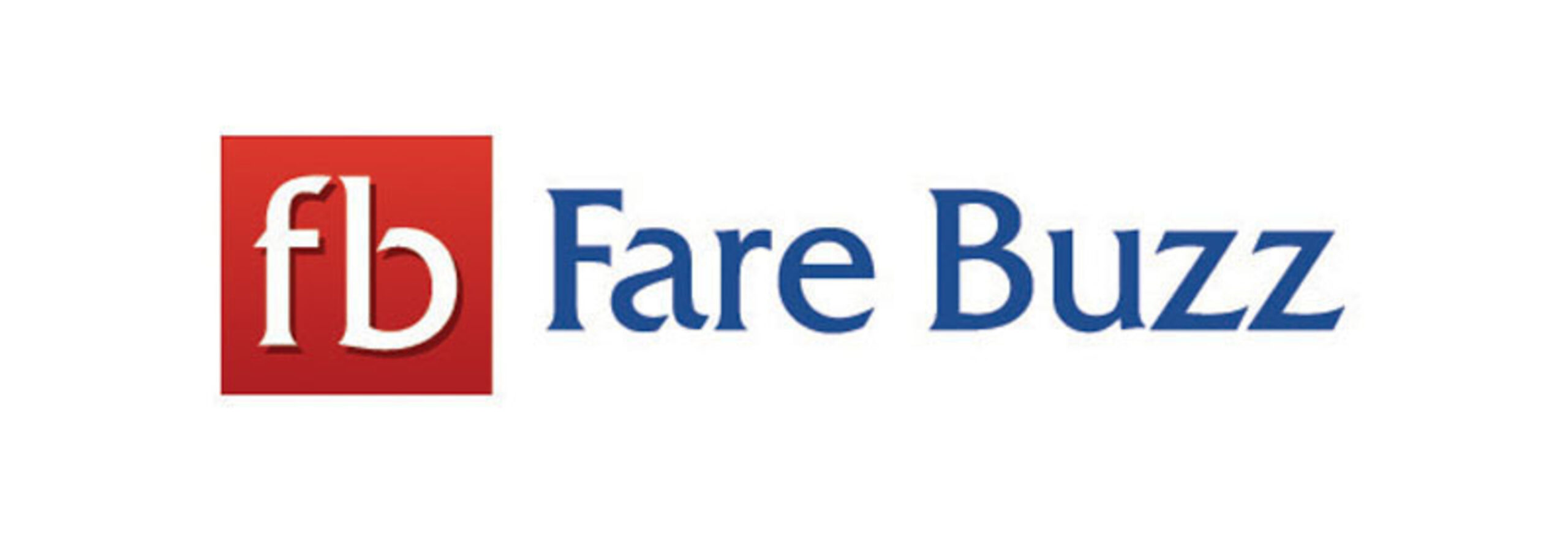
What Happened Next
By the time I talked to Wana, the flight to Instabul had already departed, and there wasn’t another one scheduled until the following day. We had no choice but to put him up in a room at an airport hotel. The plan was for him to go to the Turkish Air office when it opened and plead his case for them to rebook him.
Meanwhile, I was working the phones. I had booked his ticket through the flight consolidation company, FareBuzz. I use them often when we are putting together complicated overseas trips. Generally speaking, it’s just me and my computer, with no need for human interaction with the FareBuzz team. But not this time.
There’s no hero in this story, but I think the folks at FareBuzz came the closest. They were appalled at what had happened to Wana, and immediately took up the cause of getting him to Managua. They did the hard work of waiting on hold for ever with Turkish Air – apparently, even fare consolidators that sell millions of dollars with of tickets don’t have a “fast-track.” They pleaded his case to rebook him the next day.
Turkish Airlines refused.
Worse, they said Wana was a “no show” for his flight. Oh, the irony. Not only had he “showed,” but he had spent three hours being maligned and belittled by their staff.
As it happens, getting him to Managua was a lost cause, at least this time. The sticking point was that there was no flight availability from Panama City to Managua for at least three more days. And we couldn’t figure out a way to re-route him that didn’t include the need for a transit visa.
So, we made the tough decision to send him back home.
It was an absolute disaster. And so heartbreaking. No one deserves to be treated the way Wana was. No one, ever.
The Coda
For the past week, the fine folks at FareBuzz have been pursuing restitution with Turkish Airlines. We were asking for two things: a full refund and an apology to Wana. Turkish Airlines has flatly refused to accept any responsibility for the unconscionable behavior of their gate agent. No refund, no letter. No nothing.
Which is why I will never fly, or book anyone else, on Turkish Airlines. Ever.
The people who have stepped up to the plate are the team at FareBuzz. They were as outraged and as moved by Wana’s plight as I was. To be clear, they bear zero responsibility for what happened to him. But this week, I received an e-mail from their leadership team. They not only expressed their sadness and outrage about his treatment, they offered us a full refund in the form of future travel credit. Not just for the Turkish Airlines part of the journey, but for the associated flights that were also lost on other airlines. They didn’t have to do that. But I respect their ethics and their commitment to customer care, and I’m grateful for their compassion. The total comes to about $8000, which is not a small chunk of change.
As it happens, Bob and I have some pretty complicated travel we will be planning for Africa in October. You can bet I will use FareBuzz. For that trip, and all trips going forward. Decency matters. And they have the kind of values and culture that I want to support with my dollars. Thank you, FareBuzz.
So, we’re back to the idea of ideas. Turkish Airlines has the idea that people don’t matter. Certainly, Wana didn’t matter to that gate agent. And now, the people at the airline have decided that the money we spent on Wana’s ticket matters more than he does, or the grave harm they inflicted to his personhood and his dignity.
FareBuzz has a different idea. And so does OBIIS.
I leave it to you to decide where you want to spend your money, and what kind of ideas you want to align yourself with. I know where I stand.

